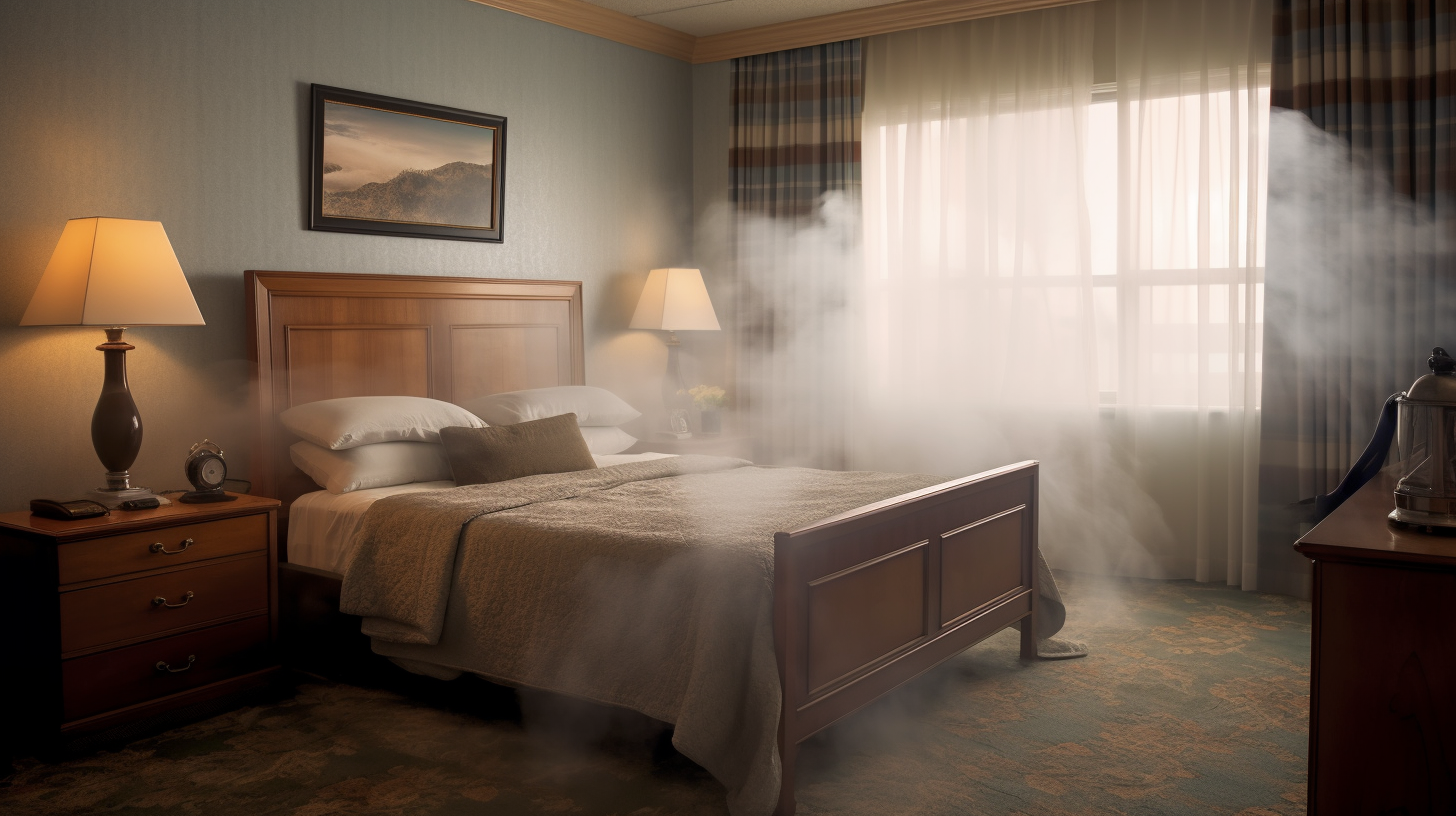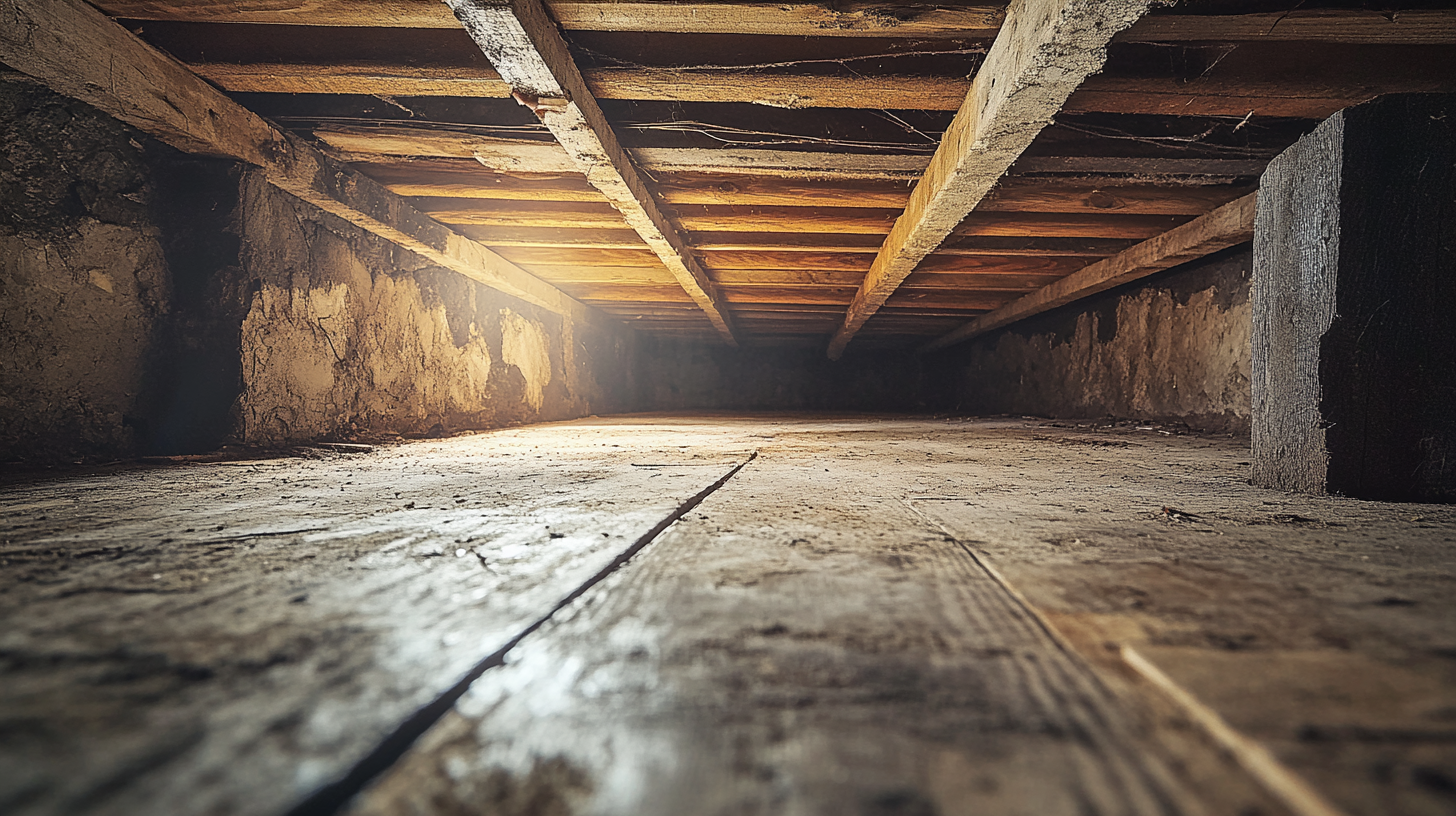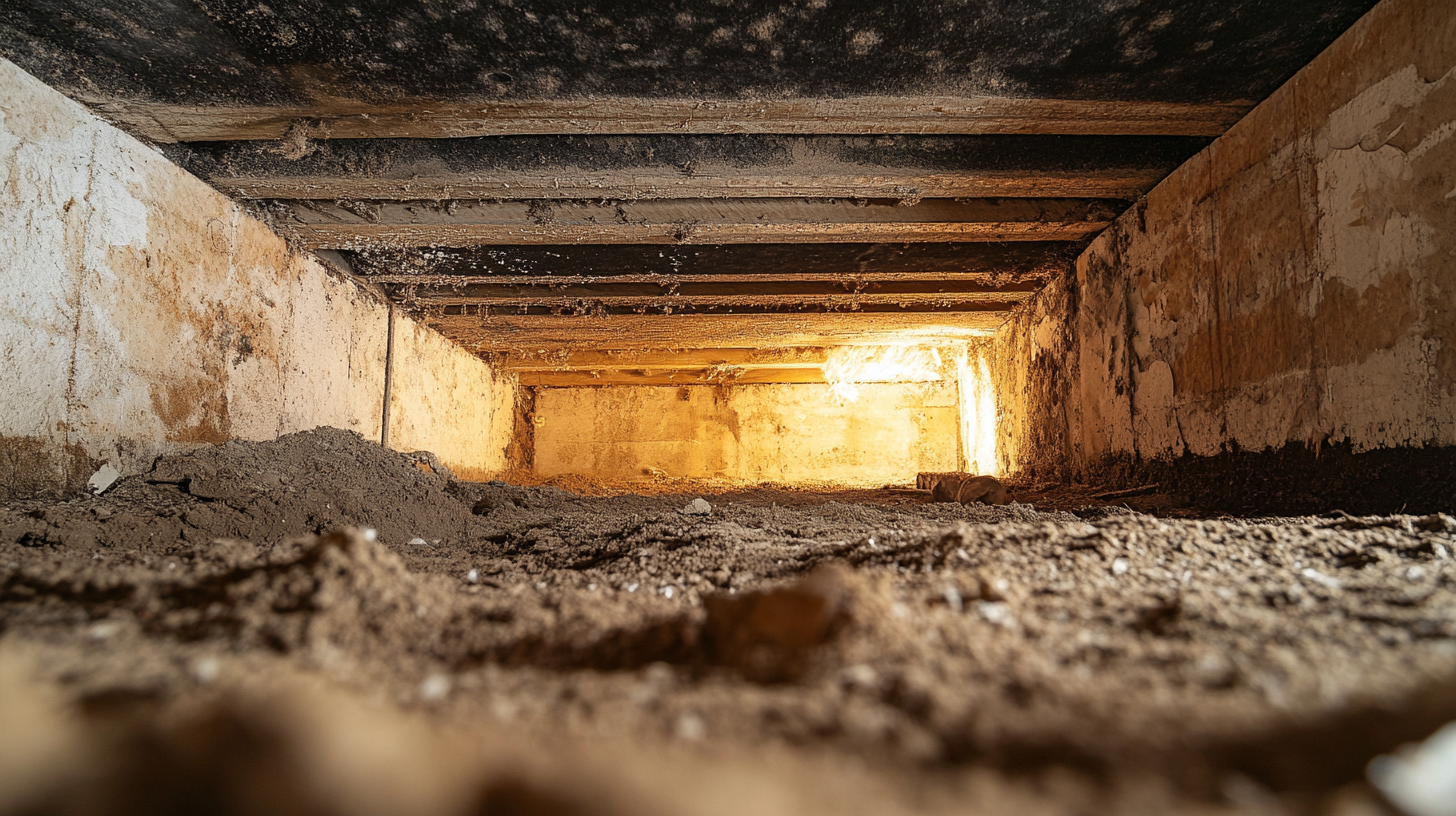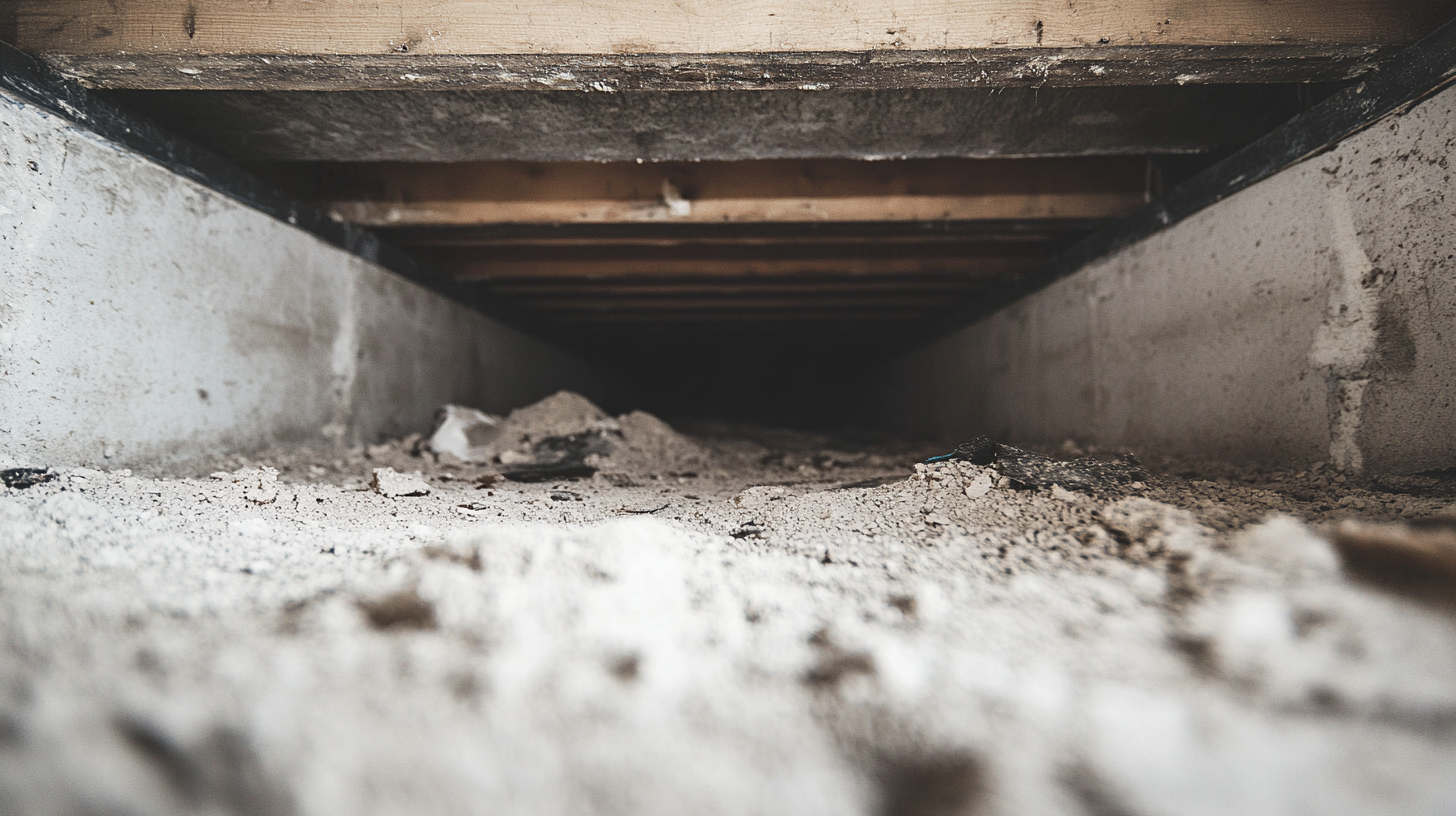Locally owned and operated.
Call Us Anytime: +1 843-304-6615
CLEANING & RESTORATION
24/7 Emergency Services:
Call us at 843-305-3383
Locally owned and operated.
Call Us Anytime: 843-305-3383
CLEANING & RESTORATION
24/7 Emergency Services:
Call us at 843-305-3383
Odor Neutralization Strategies for Hotels and Hospitality

In the hospitality industry, maintaining a fresh, odor-free environment is crucial to providing an exceptional guest experience. The cleanliness and atmosphere of a hotel play a significant role in shaping guests' perceptions, directly influencing their comfort, satisfaction, and likelihood of returning. Unpleasant odors, whether from lingering smoke, cleaning chemicals, or stale air, can quickly tarnish a guest's impression of a hotel, no matter how well-appointed the room or attentive the service. To ensure a positive and welcoming environment, hotels must prioritize effective odor control solutions that align with high standards of cleanliness and guest comfort. This blog will explore the importance of odor management in the hospitality sector and the best practices for keeping spaces smelling fresh.
The Importance of Odor Neutralization in Hotels
Odor control is a critical aspect of hotel management, directly influencing guest experiences, satisfaction, and the overall perception of the property. Maintaining a fresh, clean-smelling environment not only impacts the comfort of guests but also plays a key role in preserving the hotel's reputation and encouraging repeat business.
Guest Experience and Satisfaction
First Impressions Matter
The first thing many guests notice when entering a hotel room, lobby, or hallway is the smell. An inviting, fresh scent sets a positive tone, while an unpleasant odor—whether from cleaning chemicals, stale air, or lingering smoke—can create an immediate and lasting negative impression. The initial sensory experience often shapes the guest’s perception of the entire stay, making it crucial for hotels to prioritize odor neutralization from the moment guests walk through the door.
Direct Link to Perceived Cleanliness
The presence of a fresh-smelling environment is closely associated with cleanliness and professionalism. A space that smells clean gives guests confidence in the hotel's hygiene standards, while foul or persistent odors can lead them to question the property's overall maintenance. Even if a room is thoroughly cleaned, bad smells can suggest otherwise, potentially impacting the guest’s satisfaction and likelihood of returning.
Brand Reputation and Reviews
Negative Online Reviews
In today’s digital age, guest reviews can make or break a hotel’s reputation. Lingering odors in guest rooms, hallways, or dining areas can result in negative online reviews, where potential future guests may read about these unpleasant experiences. A few bad reviews related to poor air quality or bad smells can deter travelers from choosing the hotel, impacting bookings and revenue. Consistently maintaining a fresh-smelling environment is essential for preserving a positive brand image and attracting new guests.
Repeat Business
Guests who enjoy a pleasant, odor-free stay are more likely to return to the hotel in the future. An inviting atmosphere, free from unpleasant odors, not only enhances guest comfort but also contributes to loyalty and repeat business. By investing in effective odor control measures, hotels can improve guest retention and foster a reputation for cleanliness and professionalism, encouraging guests to book again for future visits.
Common Sources of Odors in Hotels and Hospitality Settings
Hotels and hospitality environments face unique odor challenges due to the variety of activities and constant guest turnover. Identifying the most common sources of odors in guest rooms, communal areas, and recreational facilities is key to implementing effective odor control strategies and maintaining a pleasant, fresh-smelling atmosphere for all visitors.
Guest Rooms
Previous Occupants
Odors left behind by previous guests, such as body odors, food smells, or cigarette smoke, can become trapped in fabrics like carpets, curtains, and upholstery. Without proper cleaning and odor-neutralizing treatments, these smells may linger, impacting the experience of new guests. Regular deep cleaning and specialized odor treatments are essential to fully remove these odors and refresh the space for incoming guests.
Moisture and Mold
Bathrooms and air conditioning systems can be major contributors to musty or damp smells, especially in humid climates or rooms with poor ventilation. Mold and mildew can develop in shower areas, around sinks, or within HVAC units, leading to persistent odors that can affect the entire room. Proper moisture control and regular maintenance are key to preventing these odors and ensuring a fresh-smelling environment.
Communal Areas (Lobbies, Hallways, and Conference Rooms)
High Foot Traffic
Communal spaces in hotels, such as lobbies, hallways, and conference rooms, experience high foot traffic from guests, staff, and visitors. This constant flow can result in a buildup of odors from shoes, perfumes, and sweat. The combined effect of these everyday smells can quickly create a stale or unpleasant atmosphere, particularly if these areas are not ventilated or cleaned regularly.
Food and Beverage Service
In hotels with on-site dining options, food odors from kitchens or room service can spread into communal areas like lobbies and hallways. While the smell of freshly cooked meals may be pleasant at first, lingering food odors can become overpowering and unappealing for guests passing through. Effective ventilation and air purification systems are crucial in these areas to keep the air smelling fresh.
Gyms, Pools, and Spas
Sweat and Humidity
Fitness centers and gyms are naturally prone to odors from sweat, damp towels, and exercise equipment. Additionally, spa and pool areas can develop strong smells from chlorine or other chemicals used in water treatment. Without proper odor management, these smells can accumulate, creating an unpleasant environment for guests seeking relaxation or fitness.
Towel and Linen Storage
In spa and pool areas, the improper storage of damp towels and linens can lead to musty or mildew odors. If not regularly cleaned and dried, these smells can spread to other areas, such as locker rooms or adjacent guest spaces. Maintaining clean, dry linens and ensuring proper storage conditions are essential to preventing musty smells in these high-humidity environments.
Best Practices for Preventing and Neutralizing Odors in Hotels
To maintain a fresh, welcoming environment in hotels, it is essential to establish best practices for odor control. Implementing daily cleaning protocols, proper waste management, and optimizing ventilation can help prevent and neutralize unpleasant odors, ensuring guest satisfaction and comfort.
Daily Cleaning Protocols
Consistent Housekeeping
A key to odor control in hotels is a thorough and consistent housekeeping routine. Daily cleaning should include deep cleaning of carpets, upholstery, and linens in guest rooms to remove trapped odors. Bathrooms should be regularly sanitized to prevent mold and mildew buildup, particularly in areas with high humidity. In addition, regularly cleaning HVAC filters will prevent the spread of odor-causing particles through air conditioning systems.
Use of Odor-Neutralizing Cleaning Products
Rather than simply masking smells with fragrance, it is important to use cleaning products that contain odor-neutralizing agents. These products break down and eliminate odor-causing bacteria at the source, ensuring a more effective solution for maintaining fresh-smelling guest rooms, hallways, and common areas.
Proper Waste Management
Timely Trash Removal
Effective waste management is crucial to keeping hotel spaces odor-free. Trash bins in guest rooms and communal areas should be emptied frequently to prevent unpleasant smells from accumulating. Using odor-resistant trash bags and liners can further minimize odors in areas where trash buildup is more frequent.
Food Waste Control
In hotels with on-site dining services, managing food waste is critical. Food waste should be promptly removed from kitchen areas and stored in sealed containers until disposed of to prevent odors from spreading to nearby guest areas. Proper food waste control ensures that kitchen odors do not migrate into lobbies, hallways, or dining spaces, preserving a fresh atmosphere for all guests.
Ventilation and Air Circulation
Maintain HVAC Systems
Regular maintenance of HVAC systems is essential for preventing odors from circulating throughout guest rooms and common areas. Filters should be cleaned or replaced frequently to remove dust, mold, and other odor-causing particles. Well-maintained HVAC systems ensure that air remains fresh and clean throughout the hotel.
Use Air Purifiers in High-Traffic Areas
High-traffic areas like lobbies, conference rooms, and fitness centers are prone to accumulating odors. Placing air purifiers equipped with HEPA and activated carbon filters in these spaces can help continuously filter and neutralize odors, improving overall air quality and creating a more pleasant experience for guests.
Install Ventilation Fans in Bathrooms and Spas
Bathrooms, spas, and other high-humidity areas are particularly vulnerable to odors caused by moisture buildup, mold, and mildew. Installing and maintaining effective ventilation fans in these areas helps reduce humidity and keeps the air circulating, preventing the growth of mold and ensuring a fresher, cleaner atmosphere.
Odor Neutralization Solutions for Specific Areas in Hotels
Different areas within a hotel require tailored odor neutralization solutions to ensure a fresh, clean, and inviting environment. By applying specific strategies in guest rooms, lobbies, and recreational spaces like gyms and spas, hotels can effectively control odors and enhance the guest experience.
Guest Rooms
Use of Odor Absorbers
To keep guest rooms smelling fresh, place odor-absorbing materials like activated charcoal bags or baking soda in strategic locations, such as closets, bathrooms, or near HVAC vents. These natural absorbers trap and neutralize lingering odors from previous occupants, moisture, or cleaning chemicals, ensuring the room is fresh and welcoming for new guests.
Room Deodorizers
After cleaning, use fragrance-free odor-neutralizing sprays to eliminate any remaining odors from carpets, curtains, and upholstery. Choose deodorizers that are effective at breaking down odor-causing particles without relying on heavy fragrances, ensuring they are safe for guests with allergies or sensitivities.
Essential Oil Diffusers
For a subtle yet pleasant touch, place essential oil diffusers in guest rooms. Scents like lavender or citrus can provide a calming ambiance, freshen the air, and promote relaxation, all while helping to mask any residual odors without overpowering the space.
Lobbies and Common Areas
Automatic Air Fresheners
In high-traffic areas such as lobbies and hallways, install automatic air fresheners to maintain a consistent fresh scent throughout the day. Opt for neutral, non-intrusive fragrances that are gentle and safe for guests who may have allergies or sensitivities. These systems help keep communal areas smelling clean and inviting, even during peak traffic times.
Activated Carbon Filters in Air Ducts
To prevent the spread of odors through the hotel’s air circulation system, install activated carbon filters in air ducts. These filters capture and neutralize odors before they are dispersed into public areas, ensuring that the air in lobbies, conference rooms, and other common spaces remains fresh.
Gyms, Pools, and Spas
Regular Deep Cleaning
Gyms, pools, and spa areas are prone to sweat, chlorine, and chemical odors. Ensure these areas are deep-cleaned regularly to prevent odors from becoming trapped in gym equipment, flooring, or locker rooms. Regular cleaning helps control the buildup of bacteria and odors in high-humidity environments.
Towel and Linen Management
Promptly removing used towels and linens from pool and spa areas is crucial for preventing musty or mildew odors. Store used linens in well-ventilated areas and launder them frequently to avoid the development of odors that can spread to other parts of the facility.
Dehumidifiers for Moisture Control
In fitness centers and spas, humidity levels can lead to moisture-related odors. Use dehumidifiers to control humidity and prevent the development of damp, musty smells. By keeping moisture levels in check, dehumidifiers help maintain a pleasant atmosphere in spaces prone to high humidity.
Long-Term Odor Prevention Strategies for Hotels
Preventing odors in hotels requires a proactive, long-term approach that includes regular deep cleaning, the use of odor-resistant materials, and professional odor control services. By implementing these strategies, hotels can maintain a consistently fresh environment, enhance guest satisfaction, and ensure a clean atmosphere throughout the property.
Regular Deep Cleaning and Maintenance
Carpet and Upholstery Cleaning
Odors can become embedded in carpets, upholstery, and drapery over time, especially from previous guests, food, or moisture. Schedule regular deep cleanings to ensure that these materials remain fresh. Steam cleaning or the use of professional cleaning services may be required for optimal results, as these methods penetrate deeply into fabrics to remove trapped odors that standard cleaning might miss.
Maintenance of HVAC Systems
Regular maintenance of HVAC systems is essential for preventing the circulation of dust, mold, and odors throughout the hotel. HVAC filters should be inspected and replaced frequently, and ducts cleaned regularly to avoid the buildup of odor-causing particles. Proper HVAC maintenance not only improves air quality but also ensures that unpleasant smells are not being spread to guest rooms and common areas.
Choosing Odor-Resistant Materials and Furnishings
Odor-Resistant Carpets and Upholstery
Investing in carpets, curtains, and upholstery made from odor-resistant materials can significantly reduce the risk of odors being absorbed and lingering over time. These materials are designed to repel moisture and odor particles, making it easier to maintain a clean, odor-free environment in guest rooms and common spaces.
Non-Porous Surfaces in Bathrooms
In bathrooms and spa areas, using non-porous materials for tiles, countertops, and flooring helps prevent moisture absorption, which can lead to mold-related odors. Non-porous surfaces are easier to clean and do not trap odors, reducing the risk of musty smells developing in high-humidity areas.
Use of Professional Odor Control Services
Ongoing Odor Monitoring and Treatment
For persistent or hard-to-remove odors, consider partnering with a professional odor control service. These services can provide regular monitoring and treatment of guest rooms, common areas, and back-of-house facilities to ensure odors are managed effectively. By identifying problem areas early and treating them, professional services can help prevent long-term odor issues from developing.
Ozone or Hydroxyl Generators for Deep Odor Removal
For spaces that have experienced strong, lingering odors—such as after renovations or smoke-related smells—ozone or hydroxyl generators can be used for deep odor removal. These systems work by neutralizing odors at the molecular level, providing a thorough and effective solution. However, ozone generators should be used with caution, only in unoccupied spaces, as ozone can be harmful if inhaled. Hydroxyl generators, on the other hand, are safe to use in occupied areas and offer a continuous odor-neutralizing solution.
FAQs
-
What causes odors in hotel guest rooms?
Odors in guest rooms often come from previous occupants, moisture, mold, or absorbed smells in carpets, upholstery, and drapery.
-
How can hotels prevent bathroom odors?
Use non-porous surfaces, proper ventilation, and regularly clean to prevent moisture buildup and mold-related odors in bathrooms.
-
Are air purifiers effective in communal areas?
Yes, air purifiers with HEPA and activated carbon filters are effective for neutralizing odors in high-traffic areas like lobbies and conference rooms.
-
How often should HVAC systems be cleaned?
HVAC systems should be cleaned and filters replaced regularly to prevent the spread of dust, mold, and odor-causing particles throughout the hotel.
-
What are the best odor-neutralizing materials?
Odor-resistant carpets, curtains, and non-porous bathroom surfaces are ideal for preventing odors from lingering and absorbing into the materials.
Contact Fast Response Cleaning & Restoration Today!
Fast Response Cleaning & Restoration will do everything we can to ensure your experience with us is excellent.
Request A FREE Estimate
Request A FREE Estimate Form
We will get back to you as soon as possible.
Please try again later.
CHECKOUT RECENT POST



Have an Emergency? We're Here to Help!
When it comes to disaster cleanup, we are a seasoned veteran in the industry and have helped hundreds of property owners just like you.
Our disaster recovery teams are available 24-7 to quickly clean up and repair disasters of all types.

We're looking forward to providing you with our outstanding services!
COMPANY INFO
ADDRESS: 307 Cold Creek Pass, Bluffton, SC, 29910, United States
EMAIL: office@fastresponsecr.com
PHONE: 843-305-3383
OFFICE: 843-304-6615
HOURS
SUNDAY: Open 24 Hours
MONDAY: Open 24 Hours
TUESDAY: Open 24 Hours
WEDNESDAY: Open 24 Hours
THURSDAY: Open 24 Hours
FRIDAY: Open 24 Hours
SATURDAY: Open 24 Hours
Copyright © 2021 Fast Response Cleaning & Restoration
Fast Response Cleaning and Restoration FL | Sitemap | Privacy Policy